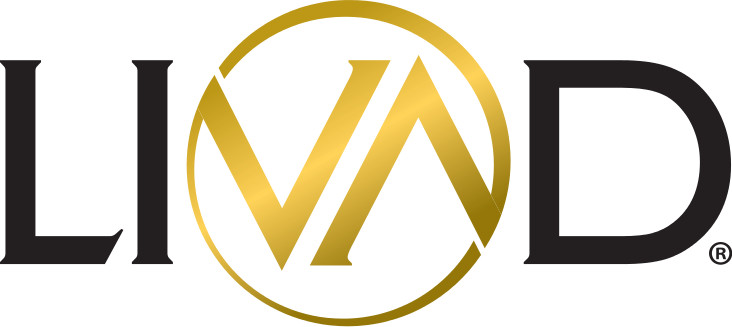When sharing makeup, we often forget about the small dangers that impact our skin. And I mean really small. Microscopic bacteria and chemicals can affect our skin in ways we can’t readily see. Dr. Prystowsky was kind enough to give us her input on these three silent threats.
Cleaning Brushes
Be honest, how often do you clean your makeup brushes and applicators? If your answer is ‘never,’ boy do we have some news for you! To decrease the risk of infection, you should be washing your brushes regularly. How often is regularly, you ask? Dr. Prystowsky recommends once a week for concealer brushes, twice a month for brushes around the eyes, and once a month for any other type of brush.
To wash these brushes, Dr. P says:
- Put a drop of a mild shampoo like Johnson and Johnson baby shampoo into the palm of your hand.
- Wet the bristles with lukewarm water.
- Then, massage the bristles into your palm to distribute the shampoo into the brush. Avoid getting the metal part of the brush wet/or the base of the brush hairs because the glue could soften and the bristles could fall out.
- Rinse the shampoo out and squeeze out the water with a towel.
- Lay the brushes on their side with the bristles hanging off the edge of the counter to dry.
Sharing Makeup
Is sharing really caring? Maybe… but not when it comes to makeup. Sharing beauty products is an easy way to share germs – yuck! This is especially true with beauty products that come in contact with bodily fluids like tears, nose mucous, saliva, blood, or pimple pus.
On eye products, Dr. P says, “Eye products like eyeliner, brushes, pencils, and mascara are all exposed to tears and should be kept between you and yourself. Products for around the eye are less of an issue.”
On lip products, she says, “Lip products like lipstick, lip liners, lip balms, and gloss come into contact with saliva and are unsafe to share as well.”
On hair products: “Brushes and combs should be washed with soap and water before sharing in order to prevent spreading lice and bacterial infections like staph aureus.”
On nail products: “Nail products like cuticle scissors, nail files, toe nail clippers, and tweezers shouldn’t be shared because they can transfer the wart virus, bacteria, and fungal infections.”
On razors: “Never share razors either. You’re prone to cut yourself with a razor, and the potential to spread hepatitis C or other viruses is possible.”
Because irritated skin is more likely to spread or pick up infections, you shouldn’t share makeup that touches your face if you have acne, eczema, or facial psoriasis. If you have facial herpes, a.k.a cold sores, you should definitely not share beauty products with other people.
It’s better to be safe than sorry, so the best way to prevent any issues is to not share your makeup at all!
Makeup Remover Wipes
All hail the creator of makeup wipes! (Sometimes.) Makeup remover wipes are OK when you’re in a rush, but you should only use them when you don’t have access to a gentle cleanser. As awesome as makeup remover wipes sound, they don’t actually remove all of your makeup. Instead, they tend to smudge your makeup and leave it on your skin, so you only get a partial clean in comparison to actually washing your face. They also leave behind a residue of cleansers and preservatives that can dry your skin and cause allergic reactions.
If you’re going to use a makeup remover wipe Dr. Prystowsky recommends rinsing your face after for a better clean. But you’re better off just washing your face with a gentle cleanser anyways! Make an effort to only use makeup remover wipes when a gentle cleanser isn’t available, like on the road.


Wow, superb blog layout! How long have you been blogging for?
you make blogging look easy. The overall look of your website
is magnificent, let alone the content!
Hello it’s me, I am also visiting this website on a regular basis, this website is genuinely pleasant and the users are in fact sharing fastidious thoughts.